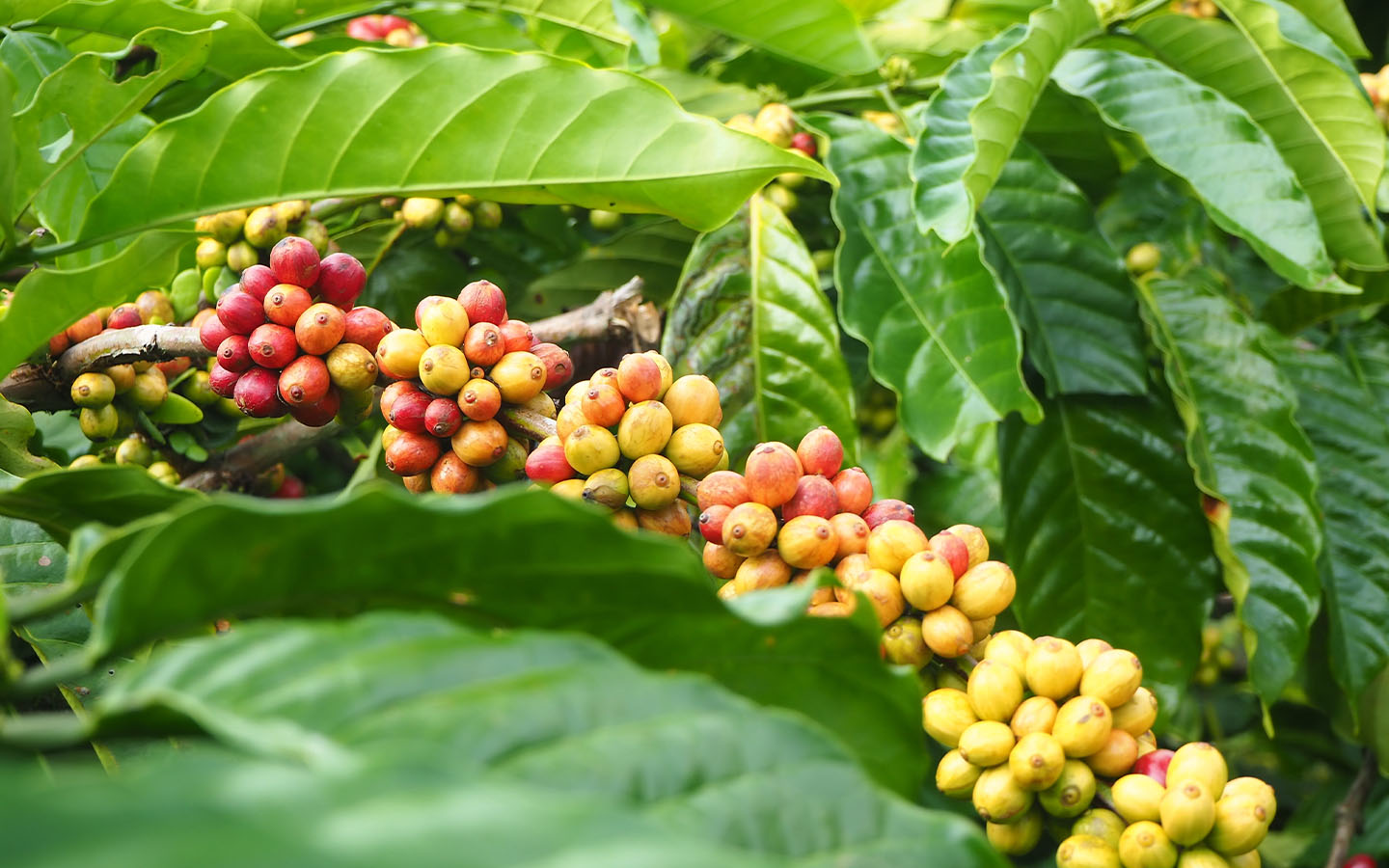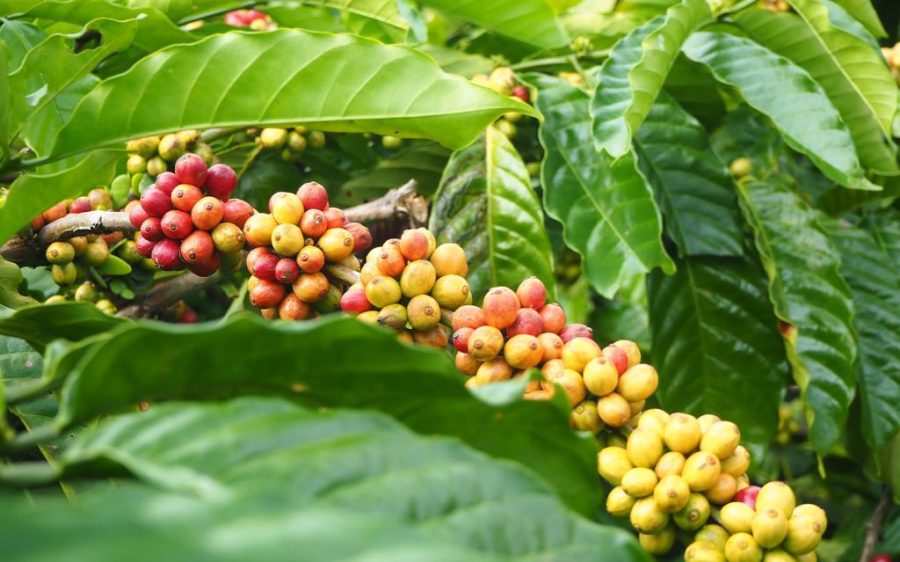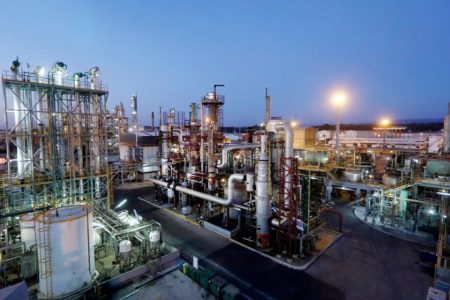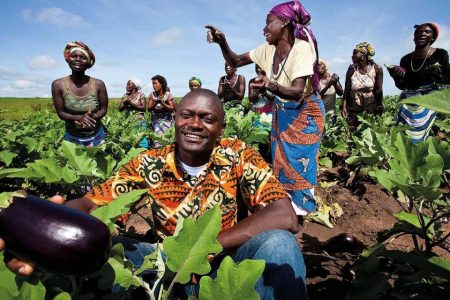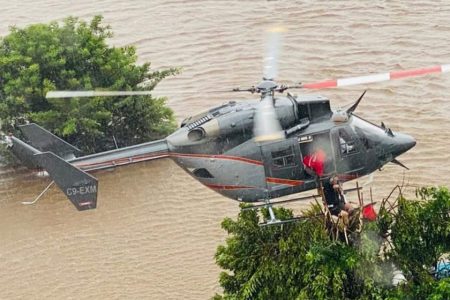Steady increases in robusta coffee production have Brazil on track to potentially overtake Vietnam as the largest producer of this intense, highly caffeinated bean, reports Reuters.
A report from Dutch bank Rabobank, released on Thursday, estimates that robusta coffee production in Brazil will reach 24.7 million 60-kilogram bags in 2025, a 30-percent increase over 2019 when the country exported just 19 million bags.
The rise is driven in part by growing global demand, particularly in emerging markets. Robusta, once used primarily for instant coffee, has found new life in the trend toward coffee-based beverages like espresso blends and iced coffees. Greater climate resilience and regulatory restrictions also play a role in fuelling the growth of robusta.
“In a global market increasingly affected by climate volatility, robusta’s inherent traits, combined with Brazil’s capacity for large-scale cultivation, position the country to offer a more stable and reliable supply,” the report noted.
Brazil’s coffee-growing regions have seen maximum temperatures rise 1.3°C to 1.6°C in the past 50 years, alongside average rainfall dropping by 93 to 211 millimetres, according to the Rabobank report.
[See more: China courts Brazilian coffee producers amid tariff woes]
Robusta offers a more heat, drought, disease and pest resistant coffee crop, requiring fewer expensive inputs herbicides and pesticides than arabica. It still requires more water than nature provides, leading to an estimated 71 percent of robusta fields are now irrigated with projections showing irrigation could increase to 363,800 hectares by 2040.
Climate and deforestation, which has been a significant driver in Brazil’s dwindling rainfall, is another reason robusta production is growing in the country.
Under the European Union’s Regulation on Deforestation-free Products (EUDR), seven commodities that can contribute to deforestation – namely cattle, cocoa, coffee, palm oil, rubber, soy, wood and some derived productions – must meet certain criteria. The Rabobank report noted that Brazil’s “well-structured supply chain and robust traceability systems” position the country well for compliance with the EUDR.
Brazil currently has around 28 million hectares of degraded pastureland that could be converted into agricultural production, enabling deforestation-free expansion. An exemption for instant coffee could also drive increased demand for robusta in the coming years.
Long-term demand is key for new robusta production as implementation costs are high, around US$15,700 per hectare, although the significantly higher yields (nearly 170 percent greater than arabica) mean payback only takes around four years, Rabobank said.
